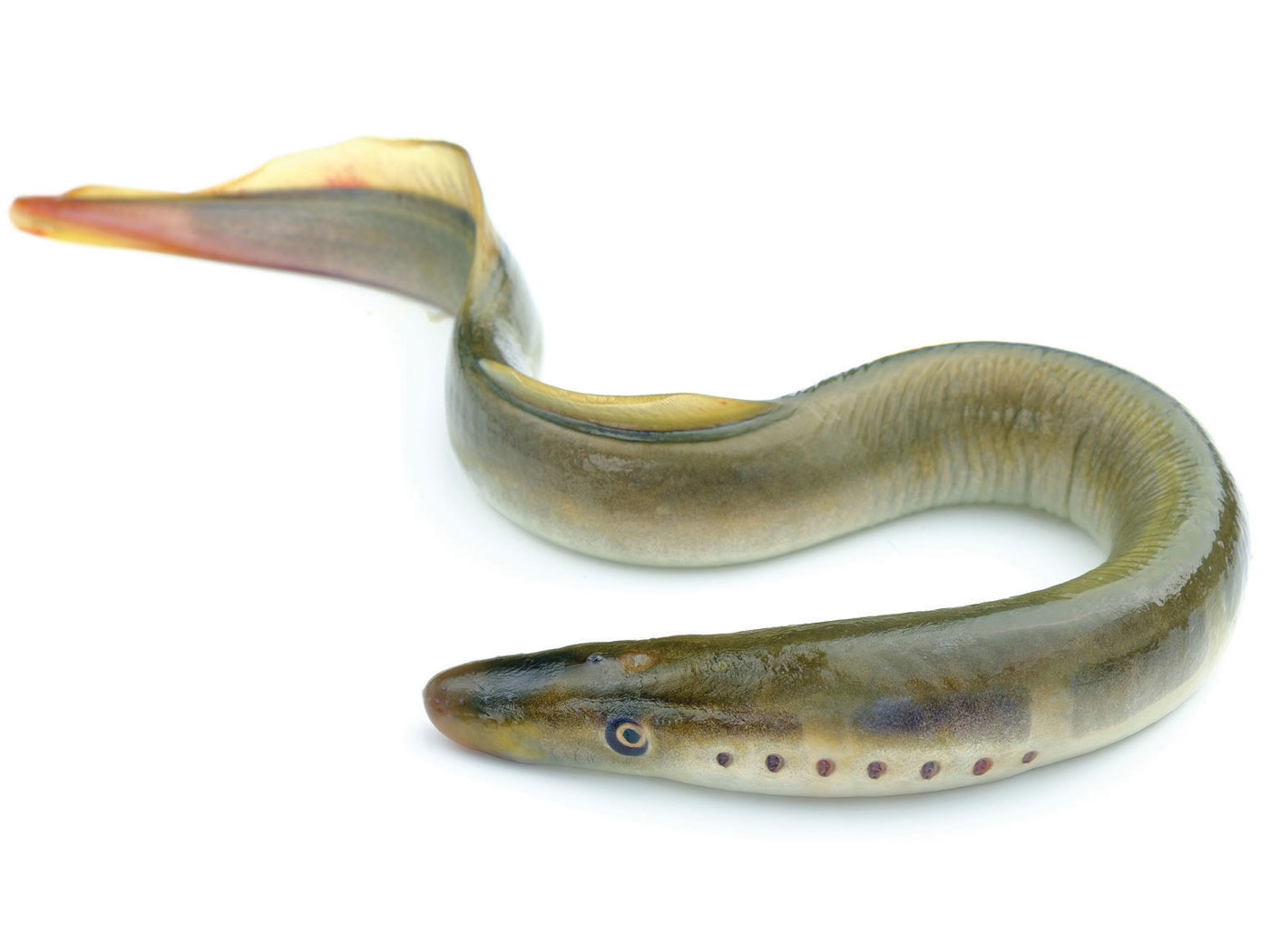The recent cover of the April 4-10, 2015 issue of New Scientist magazine reads "Belief: They drive everything we do. But our beliefs are built on…nothing."1 This is an amazing statement by a magazine, supposedly dedicated to science, in that it presents its readers with a philosophical conundrum. How can scientists, who must depend on a strict belief in logic and order, make such a statement? More specifically, do the people who built an entire mythological edifice on the tenuous hypothesis of macroevolution really believe in nothing?
To better understand this we should first define "belief." What exactly is belief that it should be held in such derision by a subset of men and women? Merriam Webster defines belief as:
- A state or habit of mind in which trust or confidence is placed in some person or thing
- Something believed; especially: a tenet or body of tenets held by a group
- A conviction of the truth of some statement or the reality of some being or phenomenon especially when based on examination of evidence 2
According to these definitions all human beings, including all scientists, practice belief in some form or another. Some place their belief in a philosophical system, some in a person, some in money, some in hedonistic enterprises, and some in science; although this particular belief should properly be called by another name—naturalism.
When these scientists drive their automobiles from one place to another, they believe the other drivers will stay on their side of the road. They believe multiverses may exist, they believe our universe sprang out of nothing, and that the vast wealth of information necessary to power and orchestrate macroevolution simply happened.
People simply cannot function without some form of deep-seated belief—a trust in something outside themselves. Indeed, any human being whose beliefs are truly built on nothing would in essence be little more than a brute beast.3 The idea that the universe sprang out of absolute nothingness4 is simply intellectual nonsense that defies logic and all the known laws of science.
"Our beliefs are built on …nothing." Why is the idea behind this statement so deadly for science in particular? Science in its essence is a systematic methodology for investigating natural phenomena. This definition presumes that natural phenomena are reproducible, rational, and orderly. If one assumes that natural phenomena is all there is, i.e., that science encompasses all knowledge, then science and truth become fully interchangeable. For the secularist this seems to mean that they dismiss anything which cannot be observationally verified as superstition or myth—but ironically this is a presupposition based on an assumption, not based on scientific proof.
Unfortunately, the secular scientists contradict their own assumptions when they accept the Big Bang theory and macroevolution as fact without observational evidence to support those beliefs. This point of view, naturalism, is the perspective driving the thesis statement of the New Science cover article. Naturalism is a fundamental pillar for all the variants of Secular Humanist philosophy such as socialism, communism, fascism, and Marxism. However, there is an underlying problem with this point of view. If the natural world is all there is, where do order, logic, mathematics, morality, ethics, justice, and love come from? How do we know that the extortionist, scam artist, or mass murderer is wrong in his beliefs? How do we know right from wrong? If we came from chance processes, how can we even trust our own thinking?
If we take the philosophy of naturalism to its logical conclusion it leads to anarchy and nihilism—concepts totally alien to science. Naturalism is oblivious to the very principles upon which true science rests.
Naturalism is based on a tiny subset of truth whereas creationism is based on the absolute, though not exhaustive, truth of the biblical account. After all, man was not present until the sixth day of creation, but God was present as an eyewitness at the very beginning. All men believe something, the only difference is where or in whom they place that faith.
References
- Don't believe in belief. New Scientist. Posted April 1, 2015, accessed April 10, 2015.
- Definition for belief. Merriam-Webster online. Posted on merriam-webster.com, accessed April 10, 2015.
- 2 Peter 2:12.
- Krauss, L. 2012. A Universe from Nothing. New York, N.Y.: Free Press.
* Dr. Cupps is Research Associate at the Institute for Creation Research and received his Ph.D. in nuclear physics from Indiana University-Bloomington.
Article posted on May 4, 2015.












